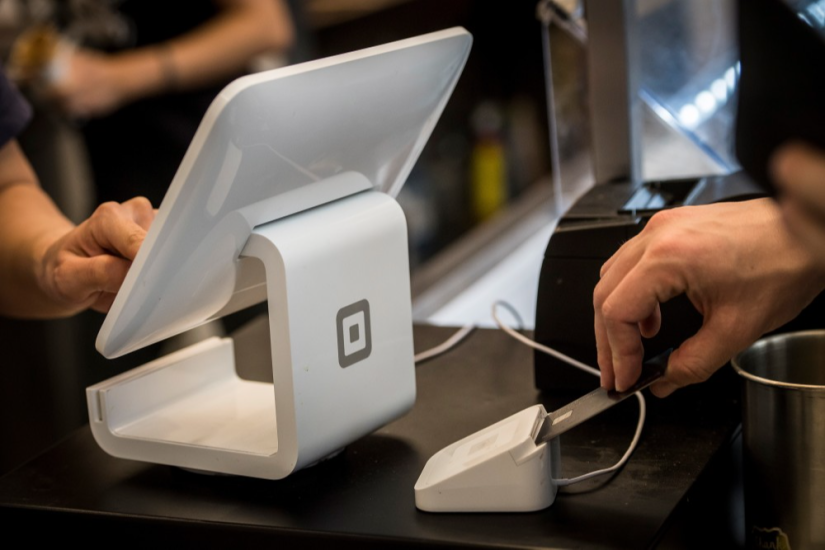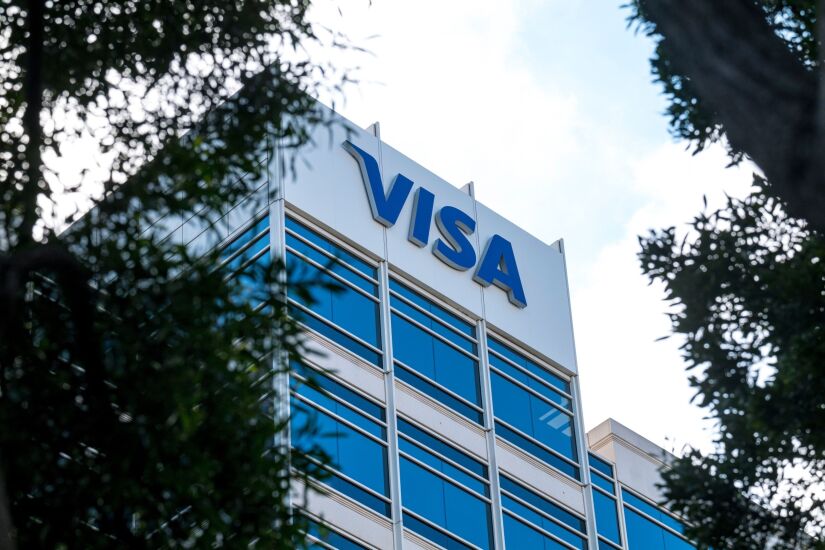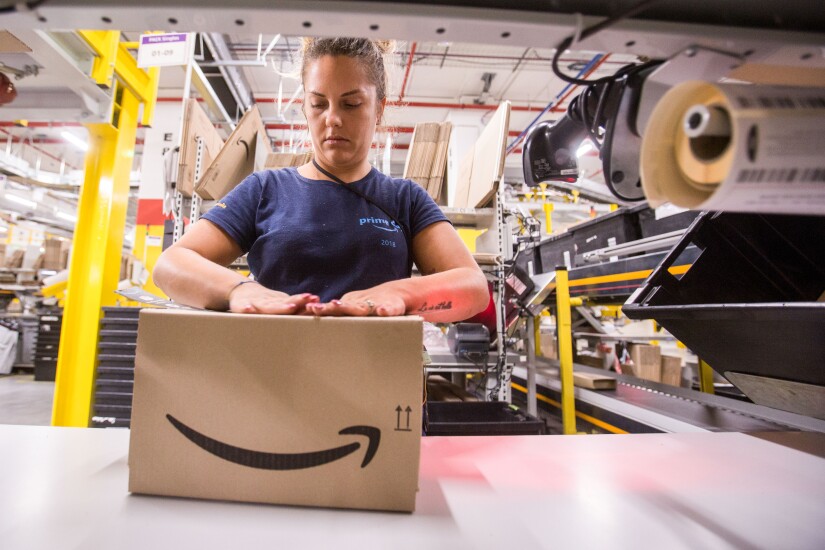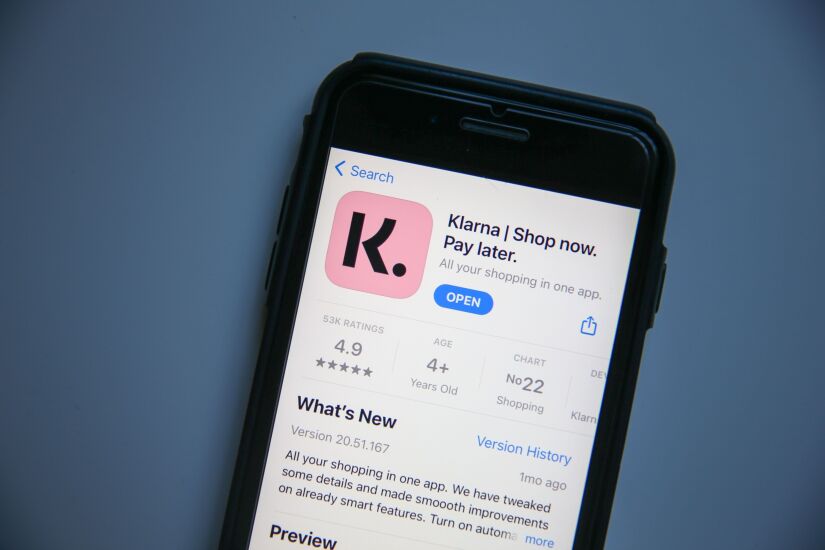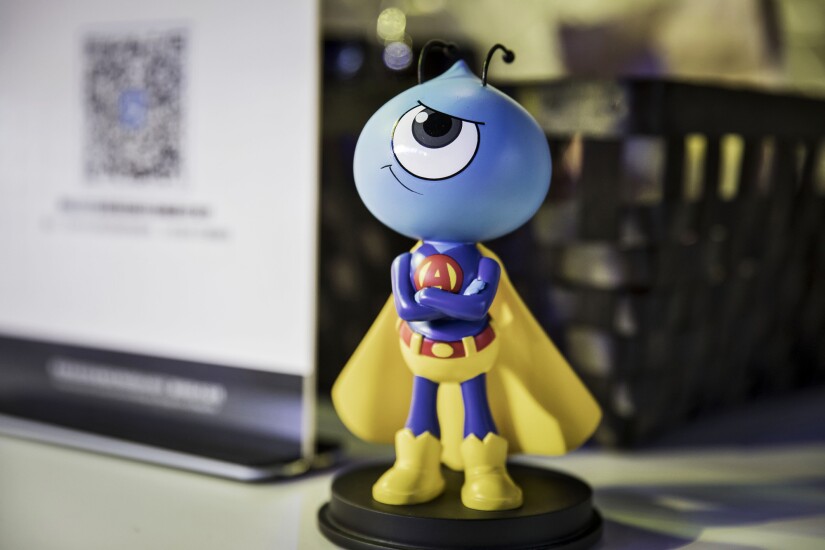Even with concerns over a
Generative AI, which refers to newer forms of AI that can produce original content, has become one of the largest trends in technology over the past year. In the payments industry, firms are
While much of the early uses for generative AI inside of companies, there's also a lot of attention being paid to small businesses, with Block (formerly Square) and Stripe deploying several new generative AI products in October alone.
"There is absolutely demand from small businesses for this sort of technology, but with the big caveat is that a lot of people are still figuring out what this technology is and how it works, and where do they begin with it?" said Gilles Ubaghs, strategic advisor for commercial banking and payments at Datos Insights. "We've seen a lot of kids use chat GPT to
Here are some examples of generative AI projects that have launched in the payments industry since the start of September.



